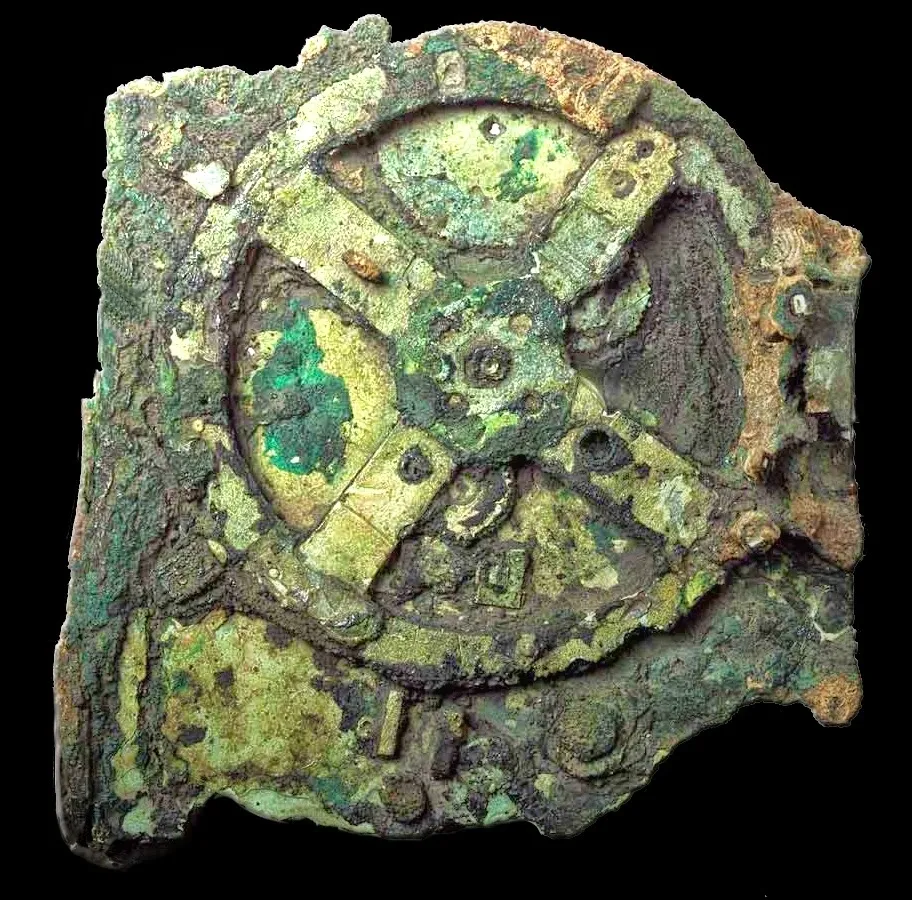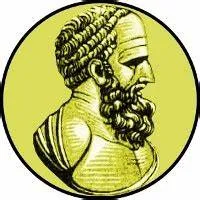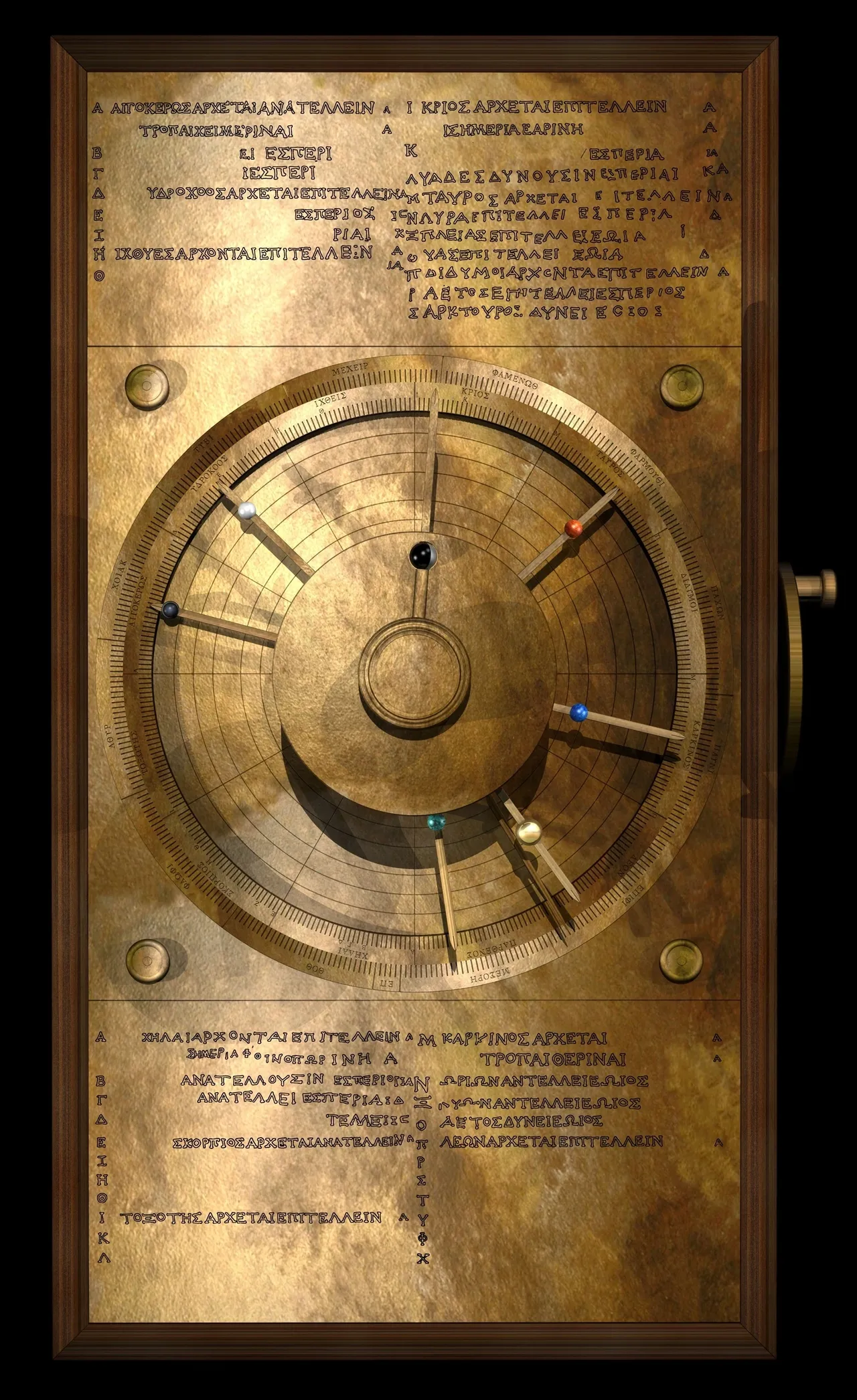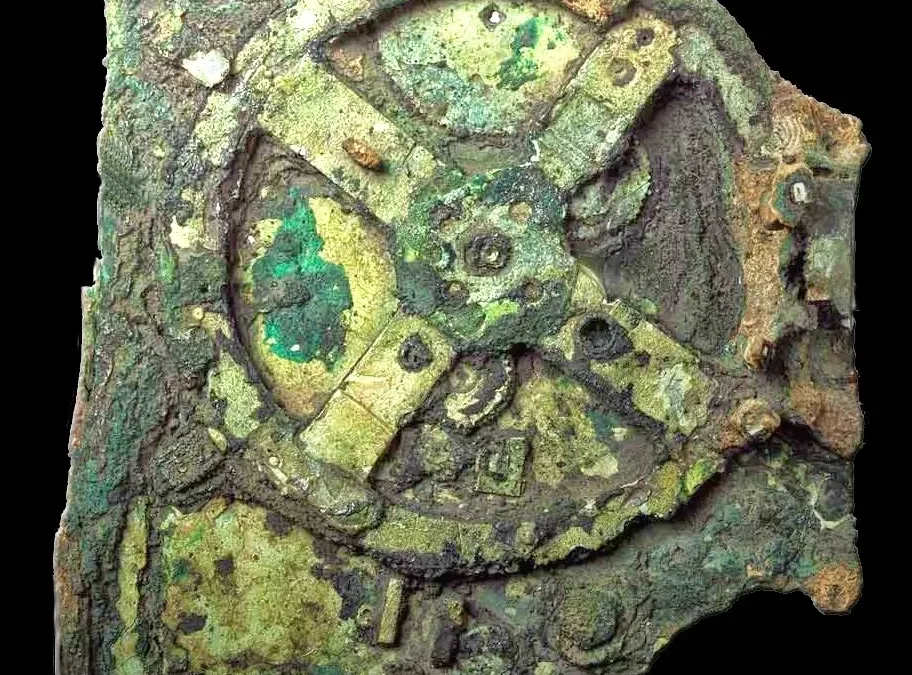
Fragment of the Antikythera Mechanism
Of all the wacky shenanigans the Greeks got up to, what with fighting the Persians enough times that Alexander the Great said, “Screw it. I’ll do it myself,” and doing philosophy for fun, they somehow found the time to bring humanity farther forward than it would go for thousands of years.
Sometimes I feel like they just did all this to dunk on everyone else, but then I remember something about the Greeks that spilled over to Italy once Rome decided to plagiarize their “whole vibe”: They weren’t dunking on everyone else, they were dunking on each other. Greeks of all stripes spent time warring, conquering, proselytizing, and out-philosophy-ing each other every chance they got. Athens vs. Sparta. Athens vs. Athens. Socrates vs. Athens. Thebes vs. Sparta. Argos vs. Sparta….I’m starting to notice a pattern of antagonists.
The best part is that on an individual level, these intellectuals competed with each other constantly, vying for the most outlandish take on the nature of reality more often than not, save for Diogenes, who dunked on Alexander the Great and Plato for kicks.
That being said, I was unable to find the inventor of this fantastic device with all its complex inner workings. The Greeks were record keepers, and since we know the name of the guy who calculated the circumference of Earth (Eratosthenes, for those who were curious), I find it dubious that they wouldn’t have recorded the name of the guy who invented the computer. I mean, that feels pretty important. And you can imagine the excitement researchers felt when they discovered that this hunk of shipwreck they’d dredged up off the coast of the island of Antikythera in the Aegean Sea, hence the name, had a gear in 1902 by archaeologist Valarics Stais. It wasn’t pirate booty, but it was sunken treasure.
At first people believed that it was originally constructed in 87 BC, or perhaps 200 BC…or

Hipparchus of Rhoades
Based on this dating, part of me feels the need, though it’s more of a desperate wish, that these things found themselves on Roman triremes and that Julius Caesar beheld one of these beauties at least once. But that may just be my personal historical head canon.

An Artist's Rendering of how Antikythera Mechanism Could Have Looked
And I most certainly intend to.

